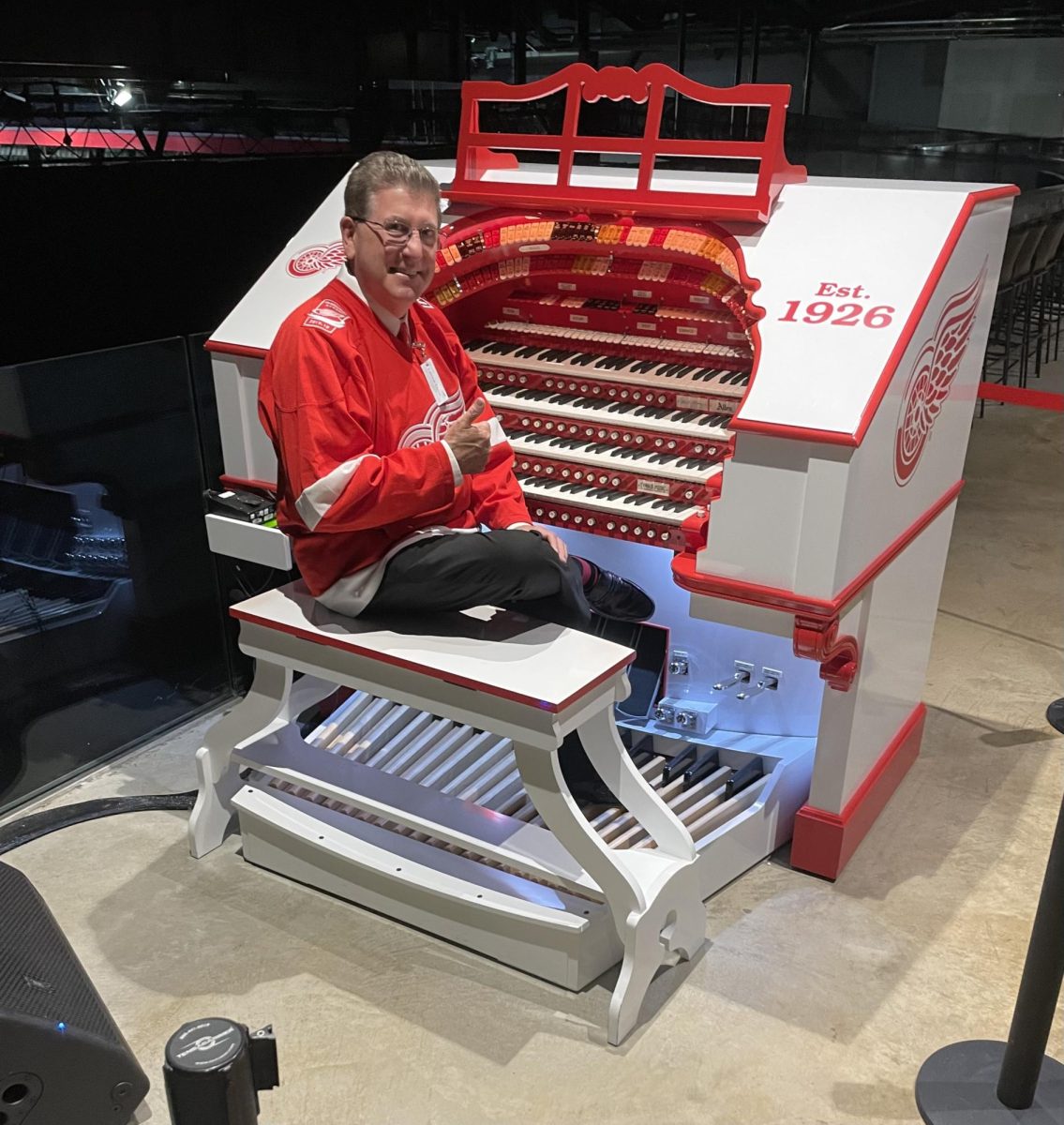Many people listen to music while working out, but most don’t realize that music is scientifically proven to boost your workout and athletic performance. In general, music can be beneficial to your physical activity and workouts because it can delay fatigue and increase productivity, amongst other benefits. A study by Dr. Costa Karageorghis explains that music can distract you from the pain and intensity of your exercise. This is applied most effectively with weightlifting, stretching and light drills. Music can provide a distraction for athletes. The genre and beats per minute (BPM) can help motivate athletes and boost their energy levels, allowing for additional cardiovascular growth. The benefits music can add to your workout apply to regular people and athletes, like wrestlers. Wrestlers can listen to music on their own during warm-ups or individual workouts, but it’s up to the coaches when they’re at practice in the wrestling room.
Some wrestling coaches hesitate to use music in the wrestling room during practices because music isn’t played during an actual match. They worry that it will inaccurately simulate a match, and if wrestlers get used to listening to music during practices, it will affect their mood and performance during a match when it’s silent. Coaches want their wrestlers to be prepared for the silence. Additionally, music can distract wrestlers from paying attention when a coach demonstrates or explains a technique. While music can provide a great distraction from the pain or challenge of a workout, sometimes, coaches want hard things to be hard. Forcing their athletes to endure a challenge can increase their mental resilience, which is key in wrestling.
Pennridge High School wrestling coach Sam Walters explained his philosophy on music during practices. He explained that he likes to play music during practices because “one, it passes the time, two, because it is something for them to focus on when the practice gets hard.” Studies like one done by Dr. Christopher Ballmann at the University of Alabama have shown that music distracts athletes from discomfort or challenging exercises and drills. Ballman explained, “To get the most out of your training, I recommend picking songs that you enjoy or distract you from discomfort during exercise.” The best music to distract athletes is their favorite music, but it’s essential that the BPM is upbeat enough to motivate the athletes. Walters does not necessarily think that music helps athletes perform better but instead serves to pass the time and lighten the mood. He has never felt the need to take this course of action and remove music from practices simply because it improves the atmosphere without making too much difference in the performance or attitudes of the athletes themselves.
Wrestler Ian Gallagher listens to music during workouts or before and after matches, depending on the situation. He generally listens to hip-hop music, especially before the matches, which helps him get hyped and into his zone, but he prefers the noise of the home crowd during home matches. The main purpose of his music choice is to help him focus and get in the right mindset. He also likes to use music during weightlifting to keep him focused on what he is doing. Gallagher believes it takes his mind off the moment’s intensity and keeps him locked in, helping him do better. Although some athletes prefer listening to music to set themselves up right before a match, Gallagher added, “It depends on the wrestler; everyone is different.” He thinks it is a matter of personal choice since everyone reacts differently. He doesn’t listen to music much after matches because he likes being with his team, but he can imagine that it can be helpful for other athletes to get in the zone before a match.
In the end, music has effectively improved athletic performance in weightlifting, stretching, and individual workouts. Some wrestling coaches resist using music in practice because they want to simulate the conditions of a real match as much as possible. However, many athletes, such as Gallagher, believe music helps them focus, work through discomfort, and motivate themselves during training. The key to effective utilization of music is making the selection based on the individual’s preference, where uptempo genres or personal favorites distract from fatigue and increase energy levels. Ultimately, using music in practice is a matter of personal choice, as not all athletes may benefit the same from its use. Whether it’s for improving focus, lightening the mood, or simply wasting time, music remains a valuable tool for enhancing mental resilience and performance in sports.
Sources:
https://www.uab.edu/news/youcanuse/item/13910-pump-up-the-jam-musical-impact-on-exercise-performance-explained
https://www.pushpullwrestling.com/blog-1/are-you-playing-music-in-your-wrestling-room-think-twice-a-coaches-perspective#:~:text=The%20right%20music%20can%20help,2003).
https://www.mdpi.com/2076-3417/13/12/7180#:~:text=This%20study%20showed%20that%20listening,downregulating%20the%20%CE%B4%20energy%20percentage
https://blog.teambuildr.com/environment-matters-the-influence-of-music-on-performance





